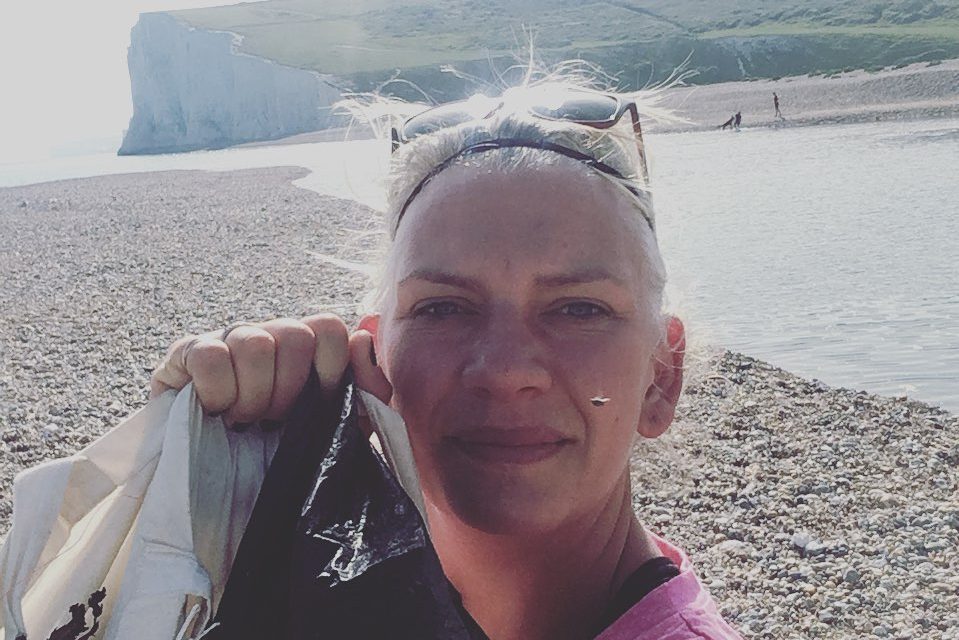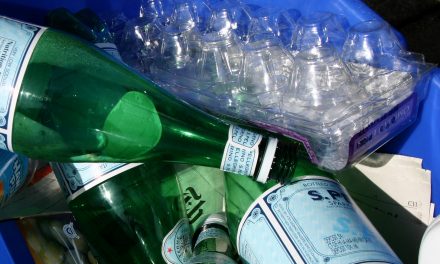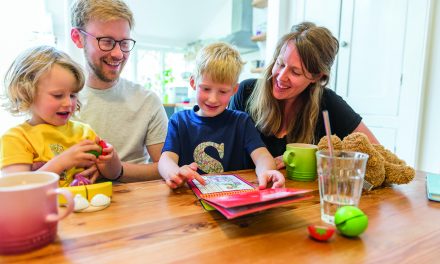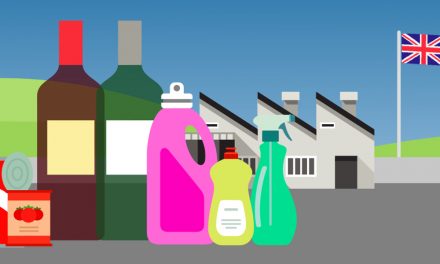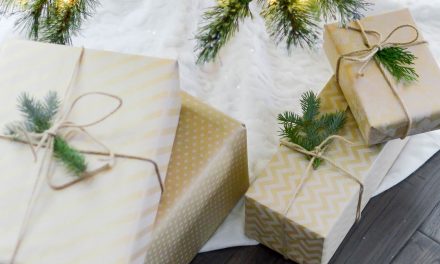Claire Sumners is passionate about living a zero waste lifestyle and helping others to do the same. A regional rep for the group Surfers Against Sewage and founder of Plastic Free Seaford, Claire shares with Your East Sussex her top tips for going plastic free and her recipes for DIY cleaning products.
My story
I started my Zero Waste Maman Facebook page in 2017 because I wanted to vent online about food waste and all the waste that was associated with bringing up children. Eating healthily also meant filling my kitchen bin up with so much plastic packaging that I knew I had to change how I shopped.
My life changed when I became a regional rep for Surfers Against Sewage and started Plastic Free Seaford. I learnt more about how devastating plastic pollution was to the ecology of the oceans; no life in the ocean remains free of plastic. It’s in all of the fish mankind eats. The ocean provides countless benefits to our planet and all the creatures that live here, not least the fact it produces over half of the world’s oxygen and absorbs more carbon dioxide than our atmosphere.
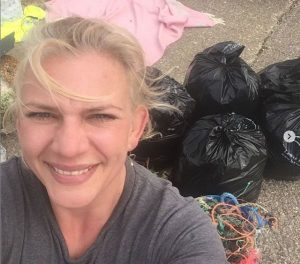
My top tips for reducing plastic use
My top tips for ditching plastic is to take a look at your bathroom, your kitchen and what you throw away in your waste bin. Society has been trained to think throwaway goes away but it doesn’t, it has to go somewhere. Once you link what you buy with what you throw away, you can make changes.
Swaps in the bathroom and cleaning products are the easiest in my opinion as they can be either homemade or come in bars. The Soap People are a good example of a local company making swaps easy, from bottle shampoo to bars.
Instead of heading to the cleaning aisle of a supermarket, support your local hardware shop and buy staples like bicarbonate of soda, borax, white vinegar and soda crystals. These are my go-to cleaning products. No nasties, just natural minerals.
Here are some quick cleaning recipes:
- You can brighten white laundry with lemon juice. It doesn’t have to be fresh – bottled juice works just as well. Pop half a cup of juice in the detergent drawer.
- To clean surfaces, mix together two teaspoons of borax, four tablespoons of vinegar and three cups hot water. For stronger cleaning power, add 1/4 teaspoon of liquid castile soap. Wipe on with dampened cloth or use a non-aerosol spray bottle.
- Pour a couple of teaspoons of bicarbonate of soda straight onto your sink and clean. It will shine just as well as a chemical cleaner.
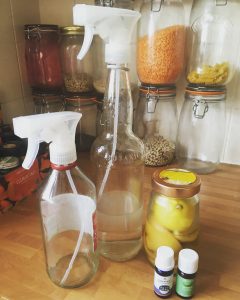
The three changes families can make
Nappies, wet wipes and plastic wrapped food are my top three essentials to change as they all contain plastic. Plastic is such an entrenched part of our lives that we don’t even notice what it’s in anymore. Plastic is made of polymers which are long chemical chains of compounds made from fossil fuels and natural gas, which are in both nappies and wet wipes, so wiping that on a child’s skin doesn’t seem like a protective way to care for them, or the planet as fossil fuels are running out.
Buying reusable nappies was an initial outlay but now there are many more places where you can buy them second hand that there isn’t an excuse to use disposable ones anymore. If you counter the fact that a baby could have used 4,000 to 6,000 disposable nappies by the time they are potty trained versus 20 to 30 reusable nappies, it makes a difference.
If you can’t afford to buy reusable wet wipes, you can make your own. I used cut up flannels and some calendula oil mixed with water to spray on them. It was that simple. There is also a local Sussex company called Cheeky Wipes started by the owner 10 years ago because she hated disposable wipes.
I avoid plastic packaged ‘go-to’ food that is meant to make life easier. This is a convenient way for supermarkets to fool customers into buying more.
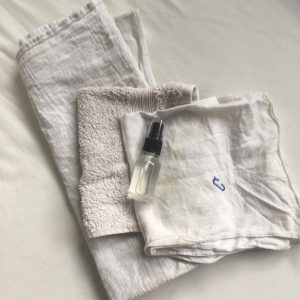
Make changes in bite sizes
Going plastic free can seem expensive initially, as to do it properly you need to invest in materials like stainless steel or sustainable materials like bamboo for your lunch boxes and water bottles. Remember, BPA-free plastic bottles are still plastic! But making bite size changes over the course of a year is achievable
You do make mistakes but two years in to living without much plastic at all, with two young children, a husband and a puppy, I know it can be done.
Use your consumer power
Campaigning against how the supermarkets control how we shop is at the heart of this for me, as it is supermarkets that lead on how much single use plastic is on sale and promptly thrown away as soon as we get home. I strongly believe by changing our shopping habits we have the power to change how the supermarkets make us shop. If we all have enough time to read this or scroll through social media platforms, why don’t we have enough time to care for the planet and live more simply?
Read more about swaps you can make in the home to reduce plastic use.
